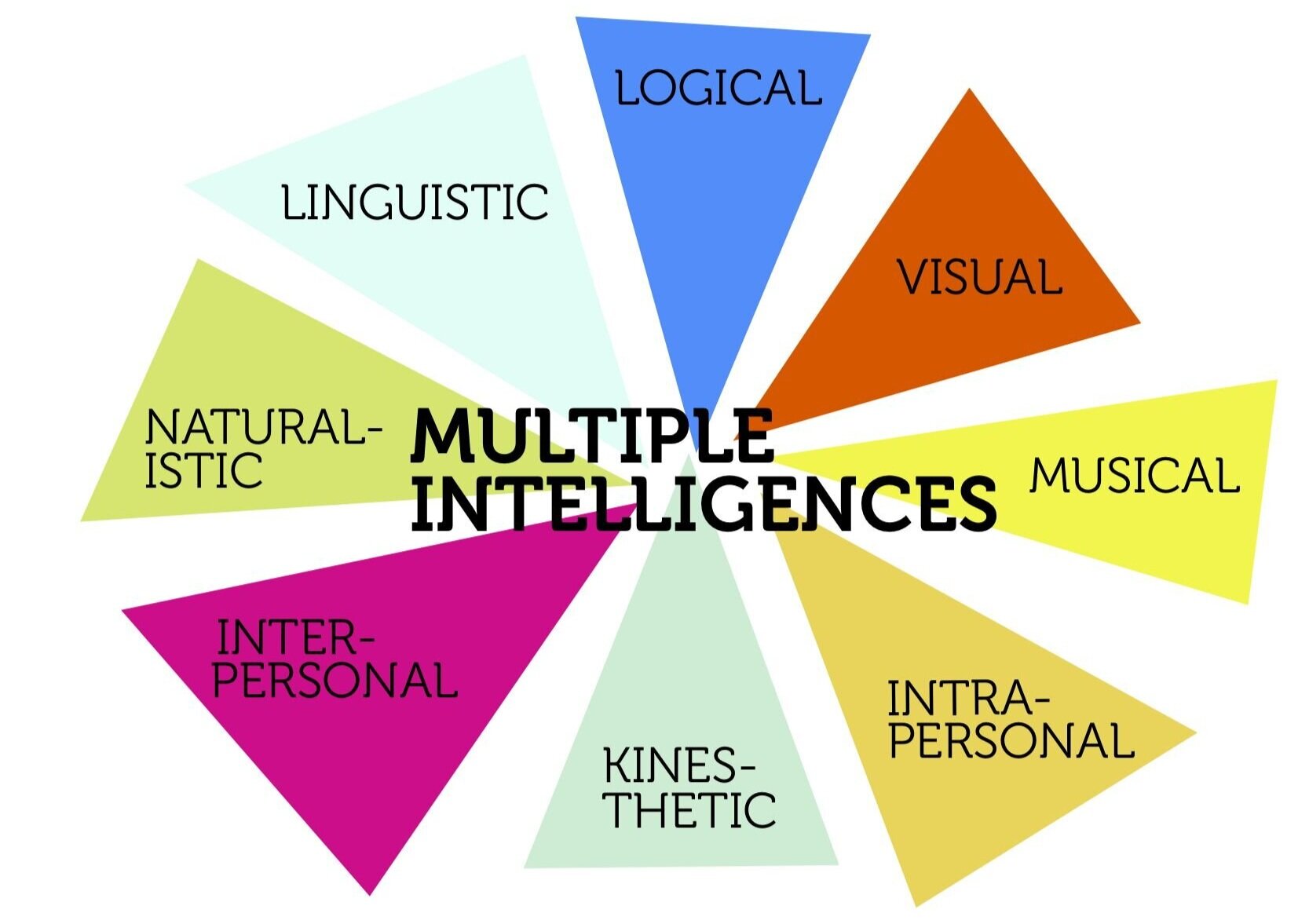
Social Communication
There are invisible rules for how we use language in different situations and with different people. Adults and children can have trouble with these social communication rules. As a Speech-language pathologist, I can help.
Social Cognition
Social cognition is the thought process involved in knowing how to act in social situations. Our social cognition is based on our inner biases (eg. I’m shy, they are different than me, I feel accepted), our neurology (neurotype), and our past experiences.
Our social cognition is defined by how we are able to:
recognize the difference between ourselves and others
read the emotions of others
share reciprocity (e.g. taking turns in conversation)
collaborate with others, join in, participate, contribute
understand that others have thoughts, beliefs, experiences that are different than our own (theory of mind)
“put yourself in someone else’s shoes” to understand different perspectives
have and show empathy
Multiple Intelligence
Multiple intelligence Howard Gardner, who introduced the term Multiple Intelligence, has written about the different ways we learn as individuals. He has found that we each show an affinity towards learning in different ways, through words, numbers, pictures, music, social interaction, personal insight, physical movement, being in tune with nature, or, most likely, a combination of the above. In theory, an individual can have more than one intelligence. Find out about your special kind of intelligence: https://www.verywellmind.com/what-kind-of-intelligence-do-you-have-3867398
Learning Styles
Learning styles refers to the theory that people approach learning differently based on whether or not they are auditory learners, verbal learners, visual learners, or kinistethic learners.
Auditory learners absorb information by listening
Visual learners gather information by seeing
Kinisthetic learners learn by doing
Verbal learners like to talk things out with others to process and understand information
Find out the way you learn best: http://www.educationplanner.org/students/self-assessments/learning-styles-quiz.shtml



